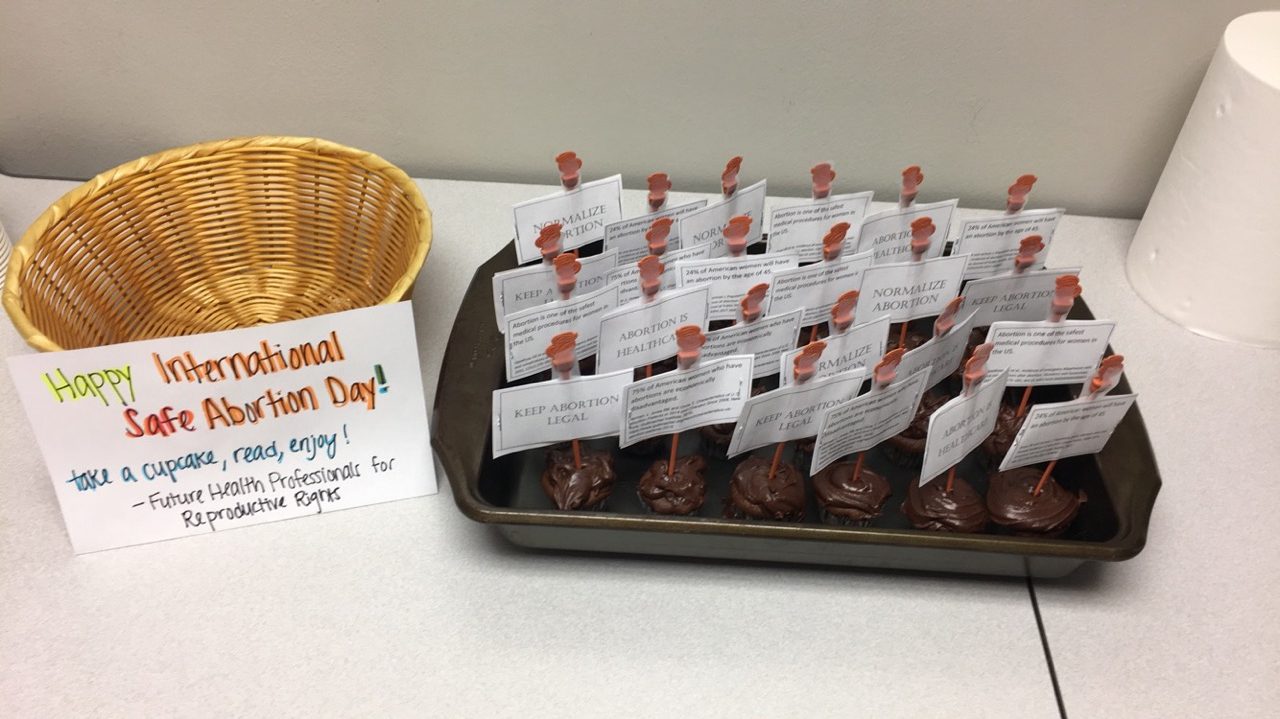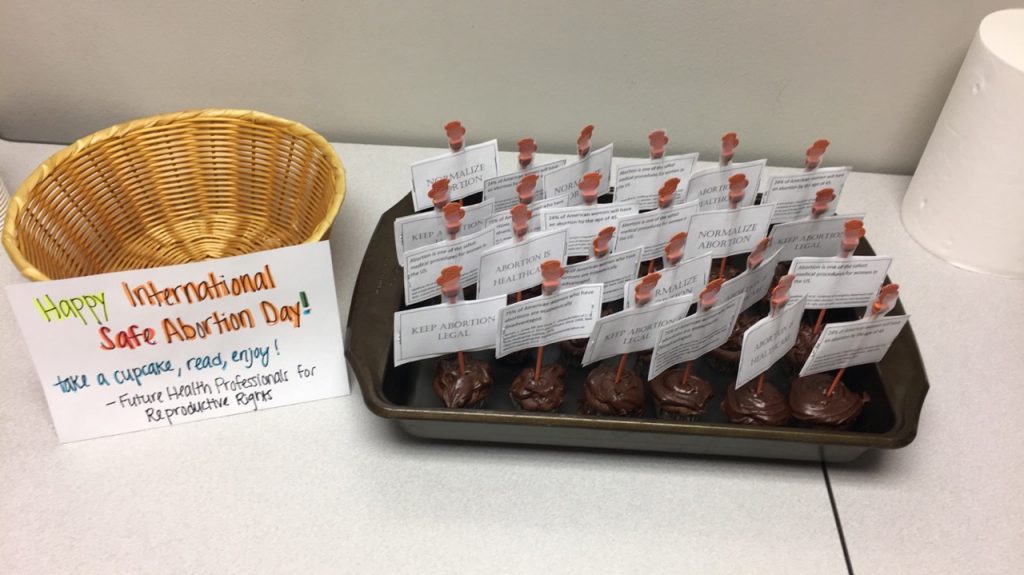CA Further Relaxes Laws on Assisted Suicide
 Last week we wrote that physician-assisted suicide is claiming nearly one life per day in California alone, on average.
Last week we wrote that physician-assisted suicide is claiming nearly one life per day in California alone, on average.
This week our friends at the Colson Center for Christian Worldview have released a brief commentary regarding other outrageous changes California has made to its assisted suicide laws.
Lawmakers in California recently passed a bill making it easier for children to encourage their parents to seek out physician-assisted suicide “services.”
John Stonestreet writes,
It is now legal for children, or anyone else for that matter, to encourage vulnerable parents to avail themselves of doctor-assisted suicide.
Of course, people considering doctor-assisted suicide are just as vulnerable as anyone else considering taking their own lives. They are just as susceptible to pressure and manipulation, especially if those who are urging them to die “love them.”
I’ll say it again: Human life is sacred, and no sickness gives us an excuse to end someone’s life prematurely — including our own. Simply put: Physician-assisted suicide violates human dignity and the sanctity of human life.
You can read or listen to Stonestreet’s entire commentary here.





 On Wednesday a three-judge panel from the Fifth Circuit Court of Appeals upheld a pro-life law in Louisiana that is similar to one Arkansas passed in 2015.
On Wednesday a three-judge panel from the Fifth Circuit Court of Appeals upheld a pro-life law in Louisiana that is similar to one Arkansas passed in 2015.